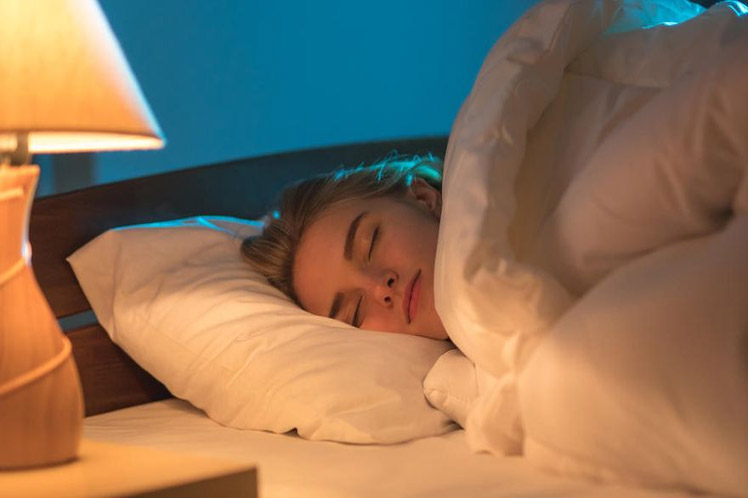The results from this study proved that just a single night of exposure to moderate room lighting during sleep can impair glucose and cardiovascular regulation, which are risk factors for heart disease, diabetes and metabolic syndrome. It’s important for people to avoid or minimize the amount of light exposure during sleep,” scientists said.
There is already evidence that light exposure during daytime increases heart rate via activation of the sympathetic nervous system, which kicks your heart into high gear and heightens alertness to meet the challenges of the day.
Scientists found insulin resistance occurred the morning after people slept in a light room. Insulin resistance is when cells in your muscles, fat and liver don’t respond well to insulin and cannot use glucose from your blood for energy. To make up for it, your pancreas makes more insulin. Over time, your blood sugar goes up.
They recommended reducing the room lighting during sleep and, if necessary, having one on as close to the ground as possible.
mh/pll/oda/joe










